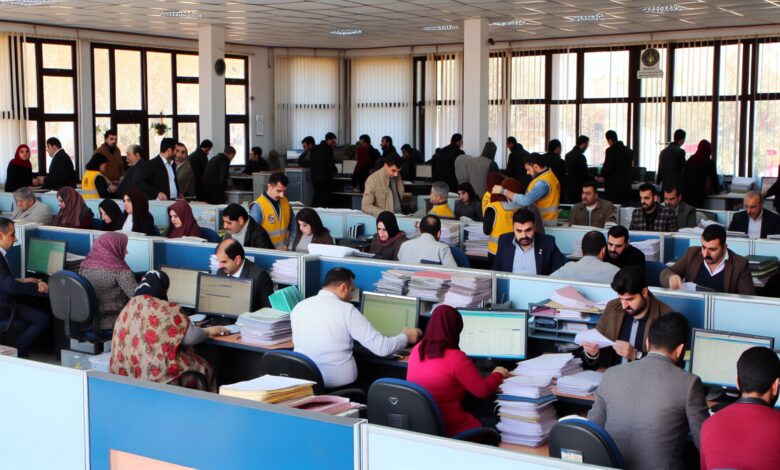Turkey’s New Immigration Policies Under Erdogan: Impact on Expats’ Work and Residence Permits

Turkey’s New Immigration Policies Under Erdogan: Impact on Expats’ Work and Residence Permits
In a significant overhaul announced last week, President Recep Tayyip Erdoğan’s administration has introduced new regulations that could substantially alter the landscape for expatriates living and working in Turkey. These changes, which primarily focus on work and residence permits, aim to streamline procedures but also impose stricter requirements in certain areas.
Overview of the New Policies
The new policies introduce a set of measures that tighten the issuance of work permits and modify the conditions for obtaining and renewing residence permits. The government states that the main goal is to protect the local labor market and ensure that expatriates have the necessary skills and qualifications that contribute to the Turkish economy.
Under the new regulations, work permits will now require a more comprehensive assessment of the applicant’s qualifications and experience. Furthermore, companies employing foreigners must demonstrate more explicitly that these roles cannot be adequately filled by Turkish citizens.
Impact on Work Permits
Previously, the process for obtaining a work permit was criticized for being too lenient and not sufficiently protecting the interests of Turkish workers. The revamped process involves a more rigorous scrutiny of applications, with a focus on sectors deemed critical for the national economy. Industries such as IT, engineering, and healthcare may see a more streamlined process, provided that applicants meet the stringent new criteria.
For expatriates currently working in Turkey, renewals of work permits will also be subject to these new requirements. This change is prompting concern among the expat community, as many fear potential job losses if their qualifications do not meet the updated standards.
Changes to Residence Permits
Residence permits, similarly, will undergo significant modifications. The new policy mandates that applicants must now show proof of higher financial stability and, in some cases, a valid health insurance that covers their stay in Turkey. Additionally, the duration of residence permits has been adjusted, with the aim of aligning more closely with the duration of work contracts or educational enrollment periods.
The implementation of these changes has raised questions about the impact on students and retirees, who often rely on more flexible terms to extend their stays in Turkey.
Response from the Expat Community
The initial reaction from the expat community has been mixed. While some appreciate the clear guidelines and the promise of a more regulated environment, others are concerned about the increased bureaucracy and the potential for delayed processing times. Expat forums and social media platforms are abuzz with discussions on how to navigate these new rules, with many seeking advice from legal experts in immigration law.
Local businesses that rely heavily on foreign expertise, particularly in the tech and healthcare sectors, have expressed concerns about attracting and retaining international talent. These sectors, critical to Turkey’s ongoing development and global competitiveness, could face hurdles if the new policies deter skilled professionals from settling in Turkey.
Conclusion
As these new policies begin to take effect, their real-world implications will become clearer. For now, expatriates in Turkey are advised to consult with immigration professionals and stay informed about the changes to ensure compliance and to safeguard their ability to work and live in Turkey. The Turkish government has set up dedicated hotlines and online portals to assist foreigners with their queries and to streamline the application process.
Only time will tell how these changes will ultimately impact the expat community and the broader Turkish economy. However, it is clear that the Erdogan administration is taking steps to tighten regulations in an effort to balance the needs of the nation with the benefits brought by the global expatriate community.






